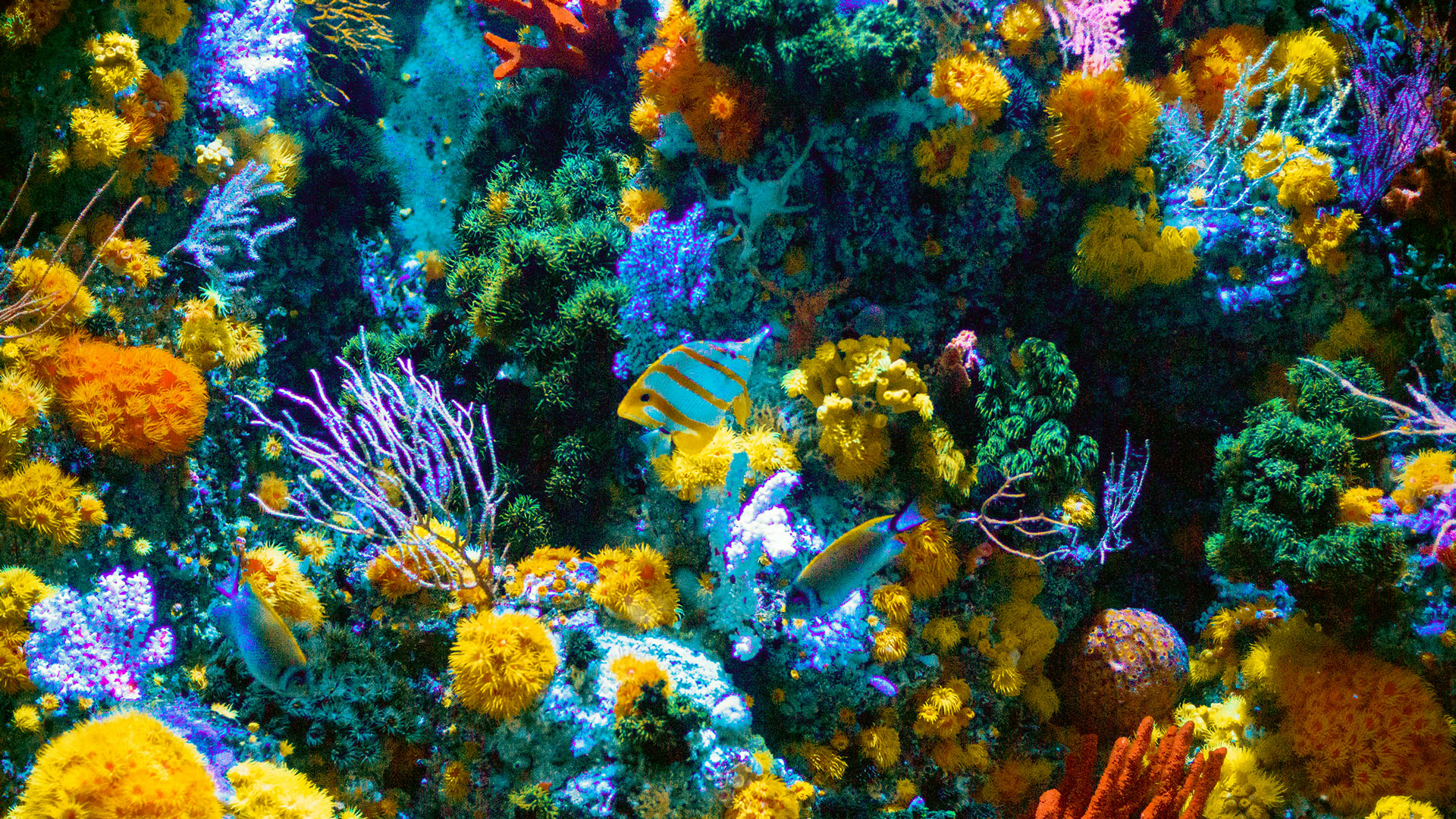Sapienza participates in the first Italian Smart Bay to study climate change
Sapienza University took part in the first high-tech project in the bay of S. Teresa, near La Spezia, Italy, promoted by the National Agency for New Technologies, Energy and Sustainable Economic Development (ENEA in Italian). The researchers studied algae, bryozoans, molluscs and corals, which have not always received due attention but are essential for climate change adaptation and mitigation strategies.
Through this pilot project, Italy’s first Smart Bay officially gets underway. It is a collaborative platform bringing together research excellence such as Sapienza University of Rome, the University of Florence and the University of Pavia, as well as the CNR (National Research Council), the INGV (National Institute of Geophysics and Volcanology), the Naples Zoological Station, the Municipality of Lerici, the S. Teresa School of the Sea, the Cooperative of Associated Mussel Farmers and the W-SENSE company.
The project, presented on May 20 during the European Maritime Day 2021, aims at the joint management of marine and atmospheric research infrastructures and the testing of advanced technologies to support sectors with high potential for sustainable growth and employment such as aquaculture, tourism, marine biotechnologies and marine energy, in line with the aims of the Blue Italian Growth (BIG) technology cluster in the broader context of the European Blue Growth strategy.
The pilot project will investigate the role of these marine ecosystems in the bay and gulf in the provision of ‘ecosystem services’ such as climate regulation, habitat support and provision, and cultural and aesthetic contribution. In addition to data on the ecosystems’ physiology (respiration, photosynthesis, calcification, growth) under current and future conditions, the distribution and extent of certain species will also be acquired through terrestrial and marine drones. In situ probes and weekly and monthly measurement campaigns will also measure parameters such as pH, pCO2, calcite, aragonite and nutrients, while the ENEA weather station will measure temperature, pH, salinity and oxygen.
Sapienza will specifically test high-tech sensor systems designed by W-SENSE to acquire temperature, current and oxygen data in the bay and other sites in the gulf, including mussel farming, and make them available in real-time via wi-fi to local stakeholders. The information collected will also be analysed using an economic, social and ecological approach to assign an economic value to these ecosystems.
The ultimate goal of the Smart Bay is to implement the knowledge of marine ecosystems and the services they offer, also regarding the objectives of ecological transition. Moreover, with the integration of scientific, tourist/recreational and training activities created, the project is configured as a first model of sustainability and cooperation that can be replicated in other areas, contributing to strengthening Italian scientific research in the marine science field.





